Parents see it as their duty to raise their children to be kind and respectful. One of the many joys of being a parent is seeing their child grow as a respectful adult that would contribute to making a prosperous society. Hence, it’s a mother’s woe to be disrespected by her son.
There are many possible reasons why sons disrespect their mothers. For instance, they might mirror someone else’s actions, have no role model to look up to, or have unresolved emotional issues. Puberty, feelings of alienation, or pressure can also play a role.
Mothers should determine the reason behind their sons’ poor treatment of them. It’s only natural for parents to help their children seek guidance and support while correcting their disrespectful attitudes.
Why Do Sons Disrespect Their Mothers?
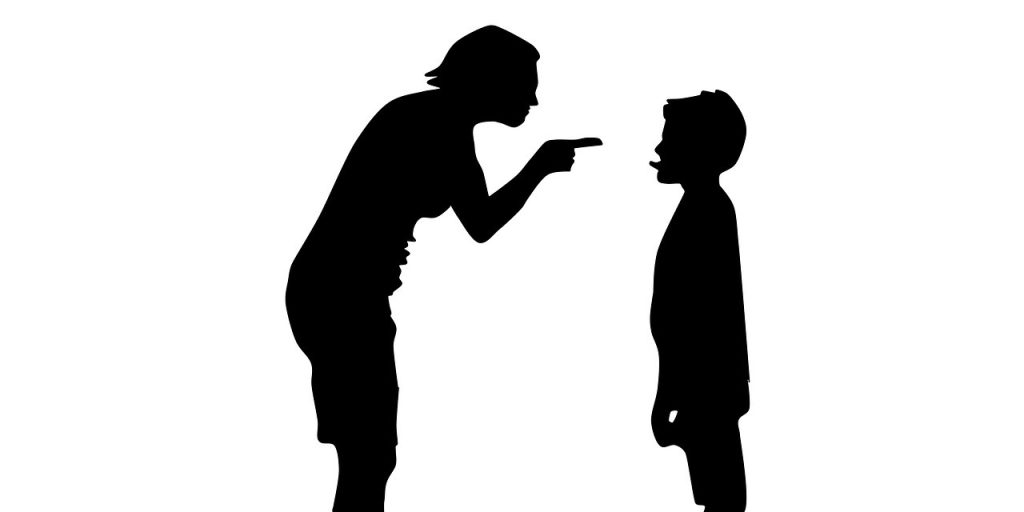
1. They Follow a Pattern Someone Established
Child experts describe children as mirrors. They reflect whatever happens in their surroundings. If a son disrespects his mother, he might be mirroring the language, behaviors, gestures, and interests of someone. In most cases, this person is the father.
It’s worth mentioning that witnessing violence can also shape an individual’s behavior. Suppose a husband hurls insults and acts violently toward his wife, and their son witnesses such instances often. In that case, the son might follow his father’s actions.
2. They Have No Role Model
Having a role model is a shaping experience for many children. For most people, especially young children and teenagers, a positive figure they can look up to can help shape their actions. A child with no role model in the household might display disrespectful behavior.
3. They Have Unresolved Emotional Issues
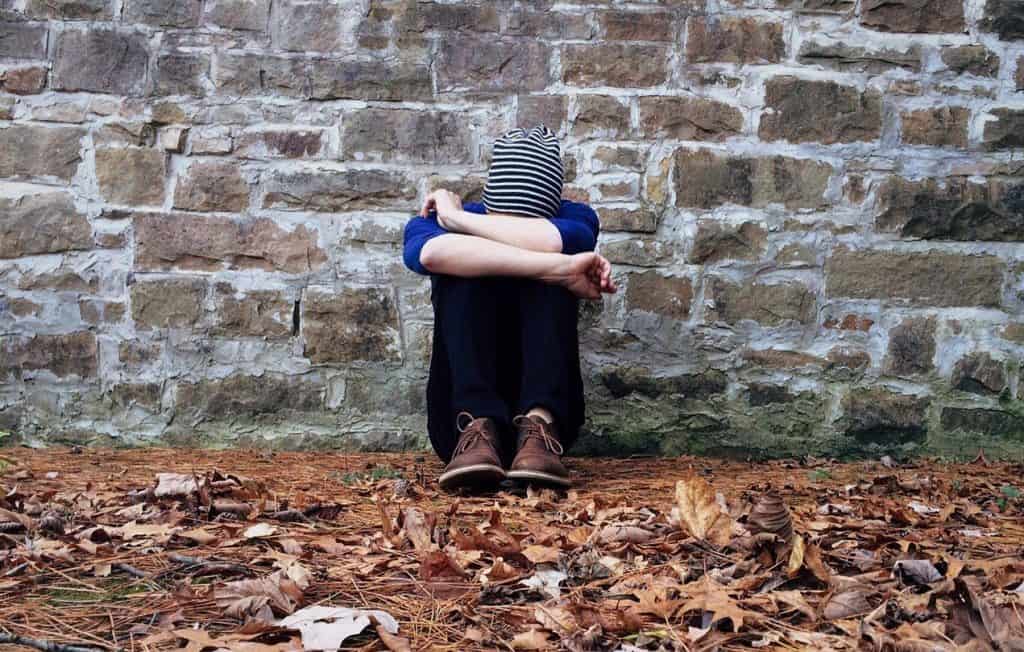
In a patriarchal society, many people tell boys to toughen up and not to cry. Society teaches little boys that to be masculine is to be tough, brave, and invulnerable. They must live up to these stereotypical expectations until they become adult men.
Because of these expectations, many boys grow incapable of showing and understanding their emotions. They repress basic emotions, such as sadness and fear so that people won’t label them as feminine.
The dilemma is that boys who avoid expressing basic emotions such as anger, anxiety, frustration, jealousy, shame, or helplessness tend to carry negativity until they grow old. Parents raising their sons this way will face repercussions.
Assume the son doesn’t have the chance to process and understand his emotions. In that instance, he will likely resort to unhealthy coping mechanisms, like lashing out at his mother. Parents must teach young boys that crying and being sad or lonely is a natural emotional response.
4. They Don’t Receive Motherly Love
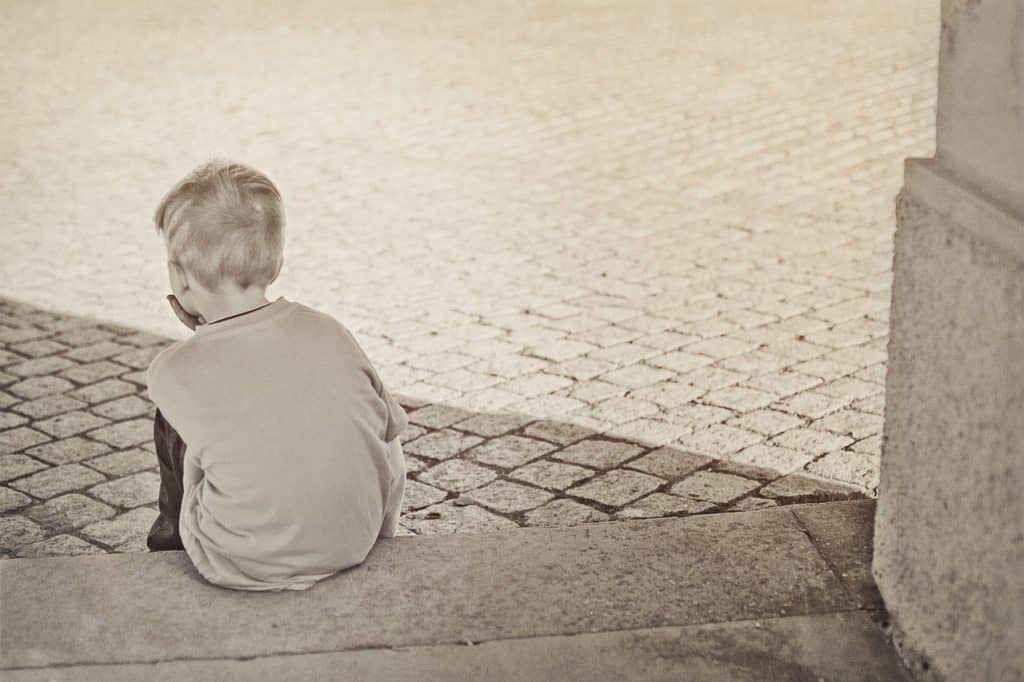
A son who doesn’t receive affection, care, comfort, support, warmth, love, and acceptance from his mother will feel rejected. This instance results in indifferent, hostile, and sometimes aggressive behavior from the child to their parent.
If the parent appears resentful of their child, it’s natural for the latter to feel antagonistic toward the former. A child who doesn’t receive positive responses from their parents won’t develop emotionally and mentally.
Ultimately, a mother’s love for her son dramatically influences his character and personality development. Parental love affects a child’s physical and mental health, self-esteem, self-adequacy, and social competence.
5. They’re Undergoing Puberty

Many mothers complain about their sons rolling their eyes, talking back, and making snide remarks. Suppose they display disrespectful conduct, such as ignoring and arguing with their mother. In that case, it’s best to take some time to understand its reason.
Some associate disrespectful behavior with puberty. Albeit inappropriate, children, especially teenagers, show a cocky attitude to their parents as they try to solve their problems.
They might feel powerless as a roller coaster of emotions engulfs them and try to take some power back by instigating arguments. The power struggle and constant disagreements are inevitable because the child is still examining independent ideas and values.
As the child takes more responsibility and develops independence, it’s natural to have differing opinions between parent and child. Puberty also signals brain development, which sometimes results in over-sensitivity and manifests in rudeness or grumpiness.
They might be feeling anxious and stressed too. It’ll be in the son’s best interest if the mother practices patience and understands that her son is on the tumultuous journey of self-discovery.
Each child is different, and parents must know how to handle disrespect with positive communication. It’s worth noting that although disrespectful conduct can be part of teenage development, it doesn’t necessarily mean all teenagers show impertinent behavior.
6. They Don’t Have a Privacy

As the child grows, their need for privacy and space increases. Children, especially pre-teens and teenagers, will naturally want to keep things to themselves as they explore the world and learn more about themselves.
When children keep new ideas, interests, and information to themselves, some parents might think their children disrespect them. It’s critical to emphasize that this is different. It’s a parent’s responsibility to give their child privacy and support them in their journey toward independence.
Giving a child privacy doesn’t mean letting them do whatever they want behind closed doors. Because teenagers’ brains are still developing, they tend to make impulsive decisions and not think of the possible consequences of their actions.
Therefore, parents must monitor their children while giving them the necessary privacy and space. The key here is trust and balance. If parents trust their children, the children will undoubtedly trust them back.
7. They Grew Up in an Abusive Environment
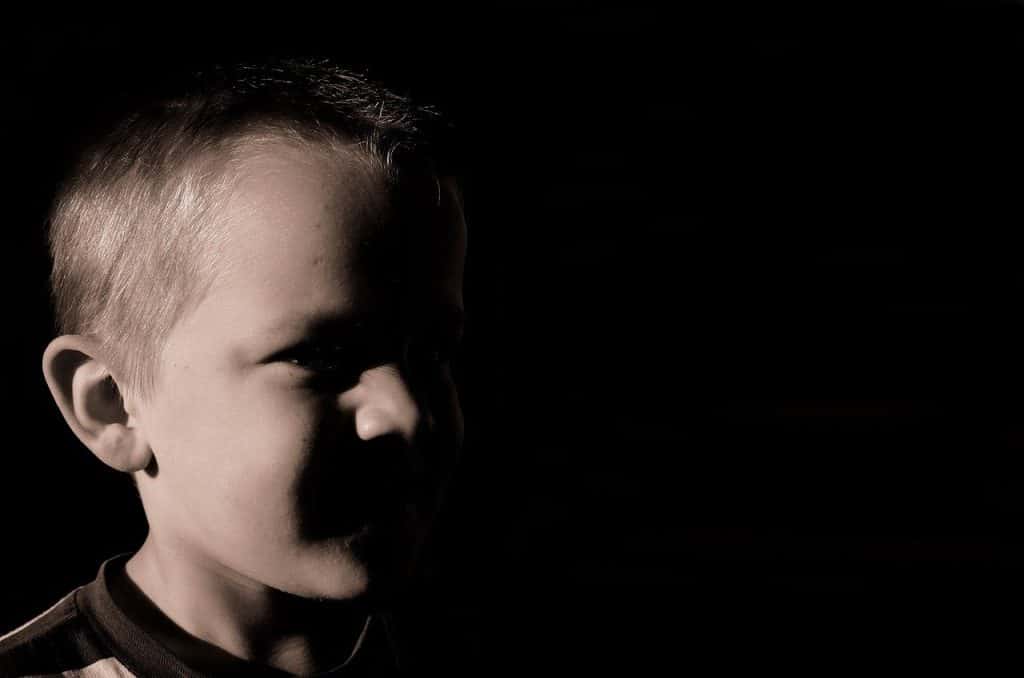
Sons who grew up in abusive environments develop resentment toward their parents. Suppose the father is the primary perpetrator of violence in the household. In that case, the son might blame the mother for not protecting him, not leaving the abuser, or being an abuser herself.
8. They Don’t Feel Respected
Children first learn about the fundamental values of life, such as kindness, respect, and gratitude at home. Therefore, it’s only natural that parents teach children these critical concepts from a young age.
When mothers worry about their sons disrespecting them, it’s advisable for the former to self-reflect. The mother must ask herself if they model the behavior she wishes to see in her son. It helps to remember that respect begets respect, and parents aren’t exceptions to the rule.
9. They Feel Belittled

A mother constantly berating her son will raise a child with low self-esteem and scars that can last a lifetime. It’s also likely for belittled teens to be bullied and bully others. Parents unfairly criticizing their children encourage the latter to develop hostile relationships with the former.
10. They Feel Pressured
A mother being too hard on her son will eventually make her son resent her, resulting in disrespectful conduct. Even if done with good intentions, putting pressure on one’s child will make the kid feel they’re never good enough.
Without proper communication, the son might question his mother’s intentions. Even a well-behaved child might suddenly show a bad temper at the slightest provocation. After all, stress increases the likelihood of angry behaviors.
11. They Feel Their Independence Slipping Away
All children are initially dependent on their parents, especially their mothers. As they grow older, their desire for independence will also increase. It’s the parent’s responsibility to help their children nurture their sense of freedom.
It’s significant to note that parenting style affects the development of a child’s sense of self-reliance. For instance, parents who adopt an authoritative parenting style will more likely raise an independent and motivated individual than parents who practice authoritarian parenting.
12. They Grew Up Spoiled
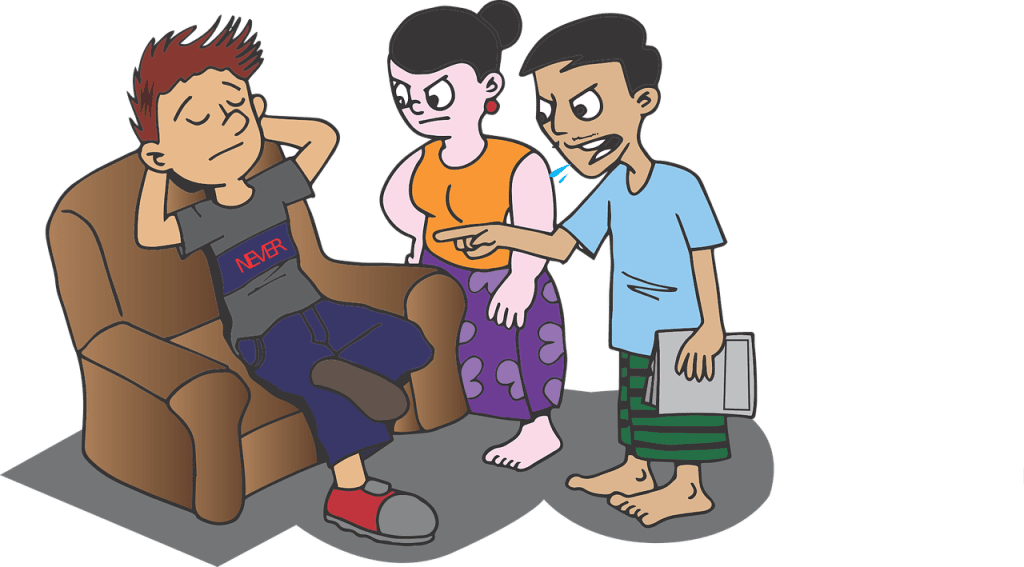
A spoiled son is often impulsive, irritable, and indifferent to others, including his mother. Parents will know that they raised a spoiled child when they notice disrespectful behavior, such as the child making a fuss when not given what they want.
Mothers shouldn’t commit the mistake of tolerating their sons’ mistakes without fail. Doing so will send the sons the wrong message. It’s less likely for them to think twice about the possible consequences of their wrongdoings, making them arrogant and disrespectful.
13. They Don’t Receive Adequate Attention
One or both parents commonly become too preoccupied with work and start being emotionally unavailable to their children. The son might think his mother isn’t interested in his affairs, making him feel abandoned. He’s less likely to respect her due to this.
14. Their Social Circle Influenced Them
Children, even older kids like teenagers, still have developing brains, and external stimuli can easily influence them. Assume the son gets involved with peers who negatively impact his behavior. In that case, he might show disrespectful conduct in front of his mother.
15. They Become a Spouse Substitute
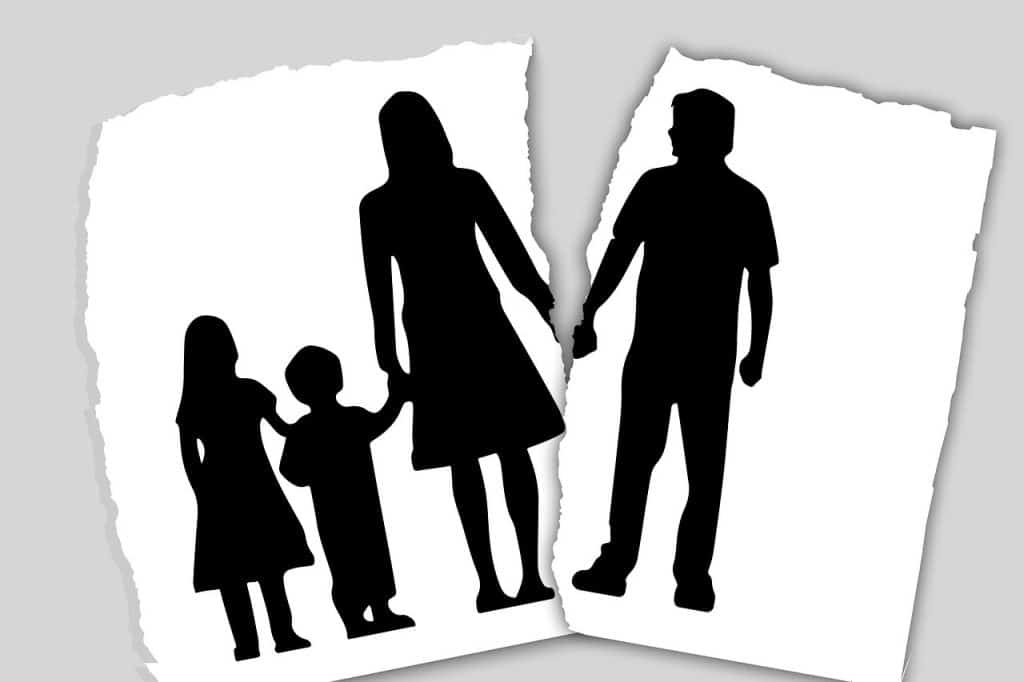
In broken families where the fathers leave, it’s not unusual for mothers to depend on their sons for emotional support. This scenario creates an imbalance in the mother and son relationship, leading to unhealthy expectations, feeling burdened, and sometimes disrespectful behavior.
16. They’re Jealous of Their Siblings
Jealousy among siblings is a common occurrence. However, if the situation escalates, the children might behave aggressively toward one another and their parents. This circumstance can be tricky, and parents must resolve the issue immediately.
17. They Have a Mental Illness
Mental illnesses play a crucial role in how people interact with others. Some mental illnesses cause irrational and negative behaviors. For example, if the son has a narcissistic personality disorder, he might not show respect to anyone, including his mother.
What Should Mothers Do about Sons Disrespecting Them
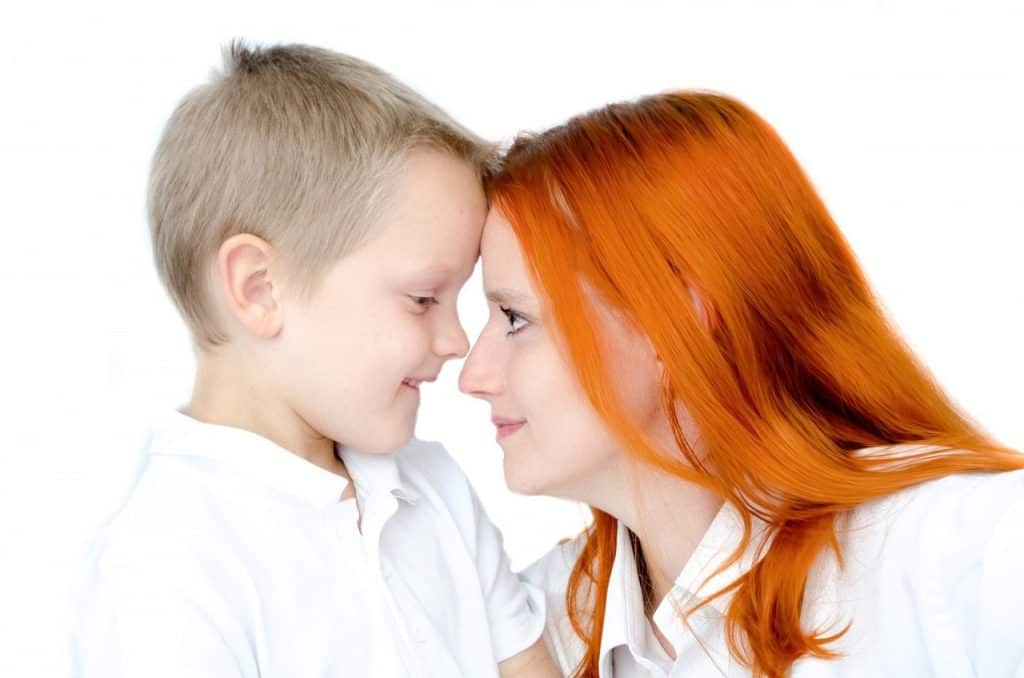
Remember that for mothers to handle their sons’ disrespectful behavior, one must first stay calm. Discern what makes the son act this way instead of immediately finding solutions. Knowing the cause will help parents assess how to correct their children’s patterns.
Healthy communication is vital to resolving any problem. Avoid arguing, being defensive, lecturing, nagging, and being sarcastic. Shouting and demanding the son to state the reason for his actions might only backfire.
Handling the disrespectful conduct of younger children is relatively easier than dealing with a rude grown child. When still young, the mother can practice discipline and positive reinforcement to encourage her son to be mindful of the consequences of their negative actions.
Meanwhile, the power dynamics shift when dealing with a grown adult, and it’s more challenging to manage the disrespect. It’s best to consider changing one’s parenting style. Give advice, support, and guidance instead of trying to assert control.
Final Thoughts
A strong and healthy bond between a mother and her son can be one of the greatest gifts both can have. Every relationship, including one between parent and child, requires effort, patience, and understanding.
If the son’s disrespectful behavior continues or escalates, seeking help is critical. Consulting a therapist or a counselor is an excellent first step. Mothers can also access various forums or online communities to connect with other mothers that have the same experiences.

